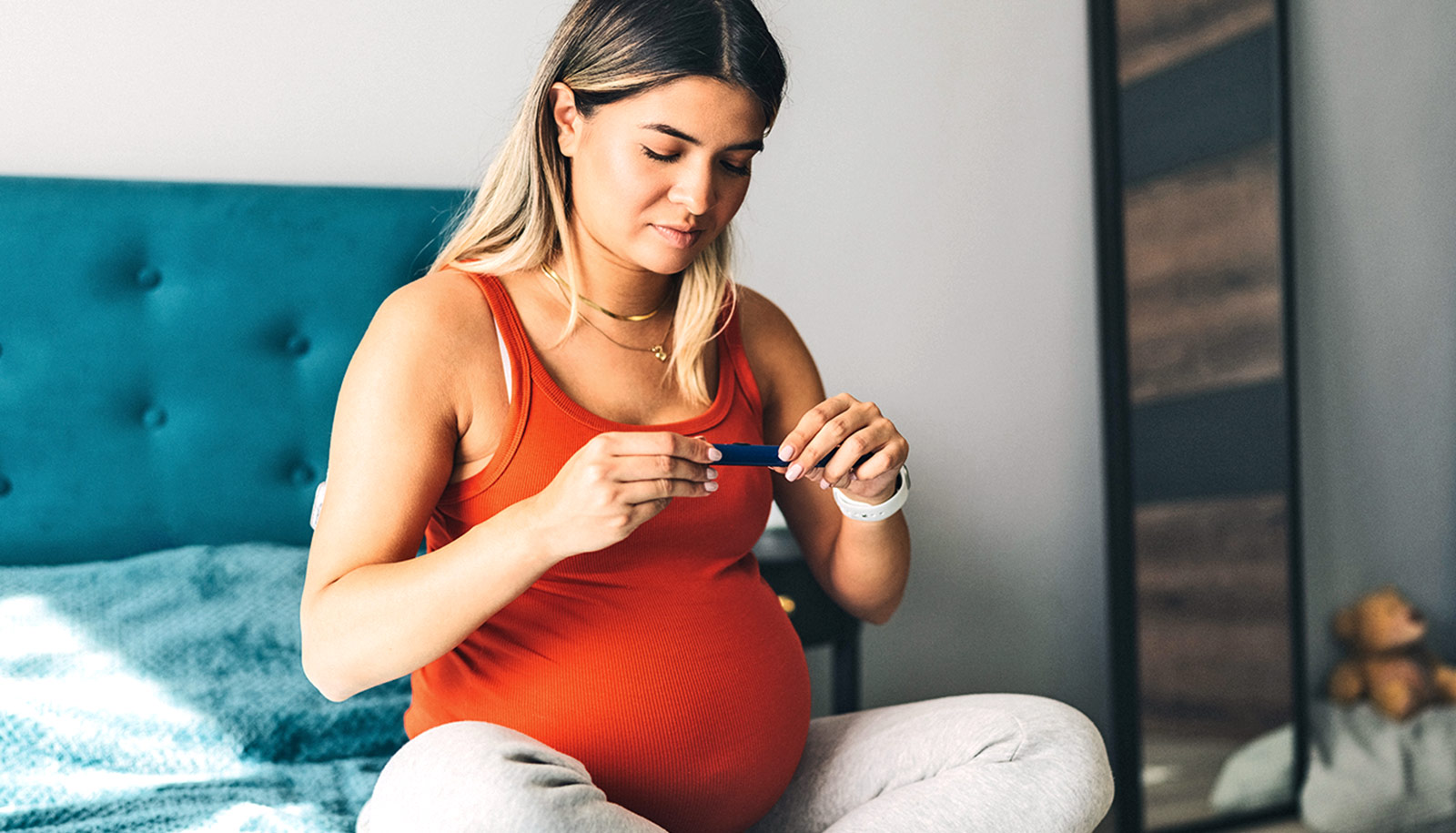A recent study reveals that the risk of developing type 2 diabetes is increased in women who first get gestational diabetes during a second pregnancy.
The risk increases even more for those who get it during two consecutive pregnancies.
Women with gestational diabetes—temporary diabetes during pregnancy—are at higher risk for future type 2 diabetes later in life. But from one pregnancy to the next, how does this risk evolve?
The new study shows that women who have gestational diabetes for the first time in a second pregnancy have a 76% higher risk of future type 2 diabetes than women with gestational diabetes in the first pregnancy but not in the second, according to a new study published in JAMA Network Open.
Women with gestational diabetes in both pregnancies are at the highest risk, more than 3.5 times higher than those with it only in their first pregnancy.
The researchers hope that the findings will enable women to benefit from personalized advice to reduce their risk of developing type 2 diabetes.
“Around 10% of pregnancies are affected by gestational diabetes overall. Our study shows that future diabetes risk differs in relationship to which pregnancy is affected by gestational diabetes and how many gestational diabetes pregnancies there are,” says senior author Kaberi Dasgupta, a senior scientist in the metabolic disorders and complications program at the Research Institute of McGill University Health Centre (RI-MUHC).
“We can help mothers personalize risk estimates with this and other information, so that they can make informed choices about when and how to take action on prevention.”
Using data from Quebec health administrative and birth and death registries, the researchers built a study group of 431,980 women with two deliveries between 1990 and 2012. They did not have diabetes before or between their pregnancies. The researchers looked at whether they had developed diabetes by 2019.
More than 10,000 women had gestational diabetes only in their first pregnancy, more than 16,000 had it only in their second, and more than 8,000 had it in both pregnancies (respectively, 10,920 women (2.5%), 16,145 women (3.7%), and 8,255 women (1.9%)). Overall, more than 12,000 developed type 2 diabetes.
Compared with women who had never had gestational diabetes, those who had it during their first pregnancy had over four times the risk of future type 2 diabetes (4.35), those with gestational diabetes in the second pregnancy only had more than 7.5 times the risk (7.68), and those with gestational diabetes in both pregnancies had a nearly 16 times higher risk (15.8).
“Our results suggest that women who had gestational diabetes in their first pregnancy, but not in their second, were probably able to change their eating habits and increase their physical activity between the two pregnancies. We can now tell them that they have also lowered their risk of future diabetes, which could encourage them to maintain their healthy life habits,” says first author Joseph Mussa, a PhD candidate in the epidemiology and biostatistics department.
“On the other hand, women diagnosed with gestational diabetes in a second pregnancy have moved to an increased level of risk. We need to help them manage this risk. We also need to provide women who have had two occurrences of gestational diabetes with urgent support to improve their health and reduce their risk,” says Dasgupta, who is also a professor at McGill University’s Faculty of Medicine and Health Sciences and an internist at the MUHC.
For the study, the researchers performed several analyses, taking into account various known risk factors for type 2 diabetes. As expected, having gestational hypertension, giving birth to a baby with a high weight for gestational age, or having a partner with diabetes, were associated with an increased risk of the mother developing type 2 diabetes.
The risk was also increased for women with mood disorders, drug or alcohol addiction, thyroid problems, arthritis, or respiratory problems.
Source: Fabienne Landry for McGill University



